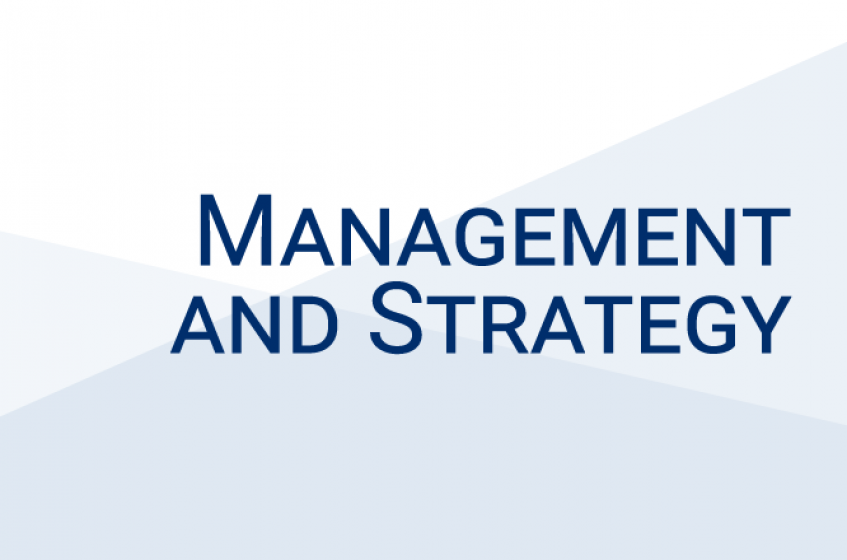
“When Do “Good Guys” Finish First? Promotion Framing, Moral Elevation, and Observer Positive Reactions to Ethical Voice” by Miss Anjier Chen
Miss Anjier Chen
Ph.D. Candidate of Business Administration, Concentration: Organizational Behavior
Department of Management and Organization
Smeal College of Business
The Pennsylvania State University
Despite the importance of ethical voice (i.e., speaking up about ethical issues in the workplace) for promoting organizational integrity and social responsibility, employees are fearful of potential negative reactions from colleagues and managers. Literatures on a few forms of ethical voice (i.e., whistle-blowing, peer reporting of unethical behavior, and moral objection) have traditionally emphasized negative observer reactions to ethical voice. Yet, anecdotes and research on moral psychology imply potential positive reactions to ethical voice. I draw on regulatory focus theory and the moral psychology literature to better understand when and why observers react positively to coworker ethical voice (i.e., increased liking, trust, status evaluation of the ethical voicer and support of the ethical voice behavior). Specifically, I propose that when voicers use promotion moral framing, emphasizing the moral ideal goals in their communication, ethical voice activates the observer’s promotion moral system and elicits moral elevation, a positive moral emotion. Moral elevation subsequently leads to positive observer reactions to ethical voice. I further propose that this positive effect is also dependent on the extent to which the ethical voice behavior is salient. Those propositions are largely supported by results of a two-wave critical incident survey with full-time employees across various industries. Theoretical and practical implications will be discussed.







